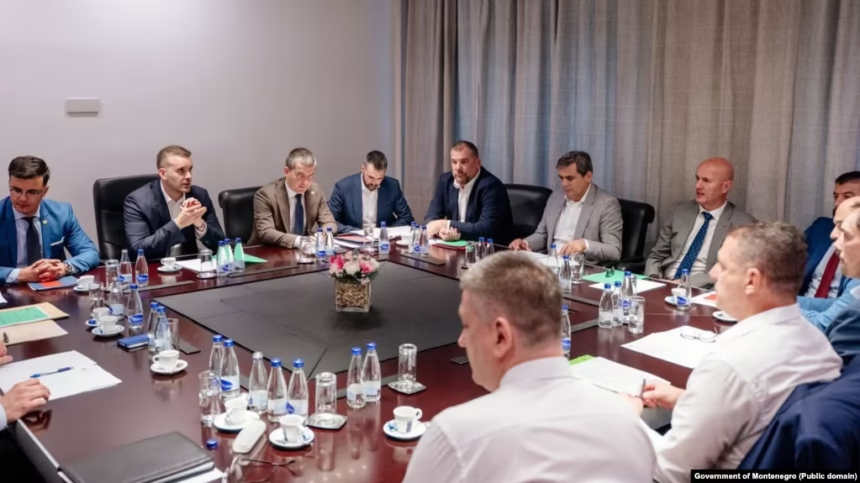Following a recent surge in violence, Montenegro’s National Security Council has proposed immediate vetting for judicial office holders and the enactment of a law on confiscating criminally acquired assets. The government announced these proposals today after a council meeting convened by Prime Minister Milojko Spajić to address a series of mafia-style killings that have alarmed the public.
Addressing a Crisis of Public Safety and Judicial Efficiency
The Council, predominantly composed of government members, analyzed recent high-profile incidents, including two murders and two shootings in Podgorica linked to warring criminal clans. Additionally, the Mayor of Budva, Nikola Jovanović, suffered severe injuries in an assault at a local establishment, stating his attackers were “security-interesting persons” and officials of Andrija Mandić’s New Serb Democracy party.
The Council noted a correlation between the increase in criminal offenses and overturned detentions, as well as the failure to issue judgments within the three-year statutory period. They assessed a “serious problem in the efficiency of the judicial system in the segment of timely judgment delivery.”
Proposals for Justice System Reform
In response, the Council has recommended that the Ministry of Justice:
- Initiate amendments to the Criminal Procedure Code to extend the maximum three-year pre-trial detention period for the most serious crimes.
- Urgently prepare, in cooperation with the European Commission, a model for introducing vetting for judicial office holders. Vetting involves checking the assets of judges, prosecutors, and their family members, assessing their potential links to crime, and evaluating their professional qualifications.
The Council also urged the Ministry of Justice to enact a Law on Confiscation of Criminal Assets by October.
European Commission’s Stance and Internal Political Tensions
The European Commission has previously advised Montenegro that its priority in EU accession talks should be fulfilling rule of law benchmarks, cautioning against a complete “reset” of judicial reforms that could cause further delays. This was in response to the government’s earlier announcement of judicial reforms, including a vetting law proposal.
While the opposition had demanded the resignations of security service heads – Interior Minister Danilo Saranović and Deputy Prime Minister for Security Aleksa Bečić – following the escalation of violence, the Council’s statement indicated that the responsibility of security chiefs was not discussed during the meeting.
The Council’s session was held a day after its statement was issued, and notably, on the same day President Jakov Milatović had proposed a meeting of the Defense and Security Council – a body comprising the President, Parliament Speaker, and Prime Minister, which decides on crucial security matters. However, Milatović’s proposal for that meeting was called into question due to Prime Minister Spajić’s unavailability. Spajić instead convened the National Security Council, which includes the Prime Minister, Deputy Prime Minister, five ministers, the head of the National Security Agency, and two heads of parliamentary security and defense committees. Spajić announced a follow-up meeting in a narrower format for Friday to detail operational steps for the adopted measures.







